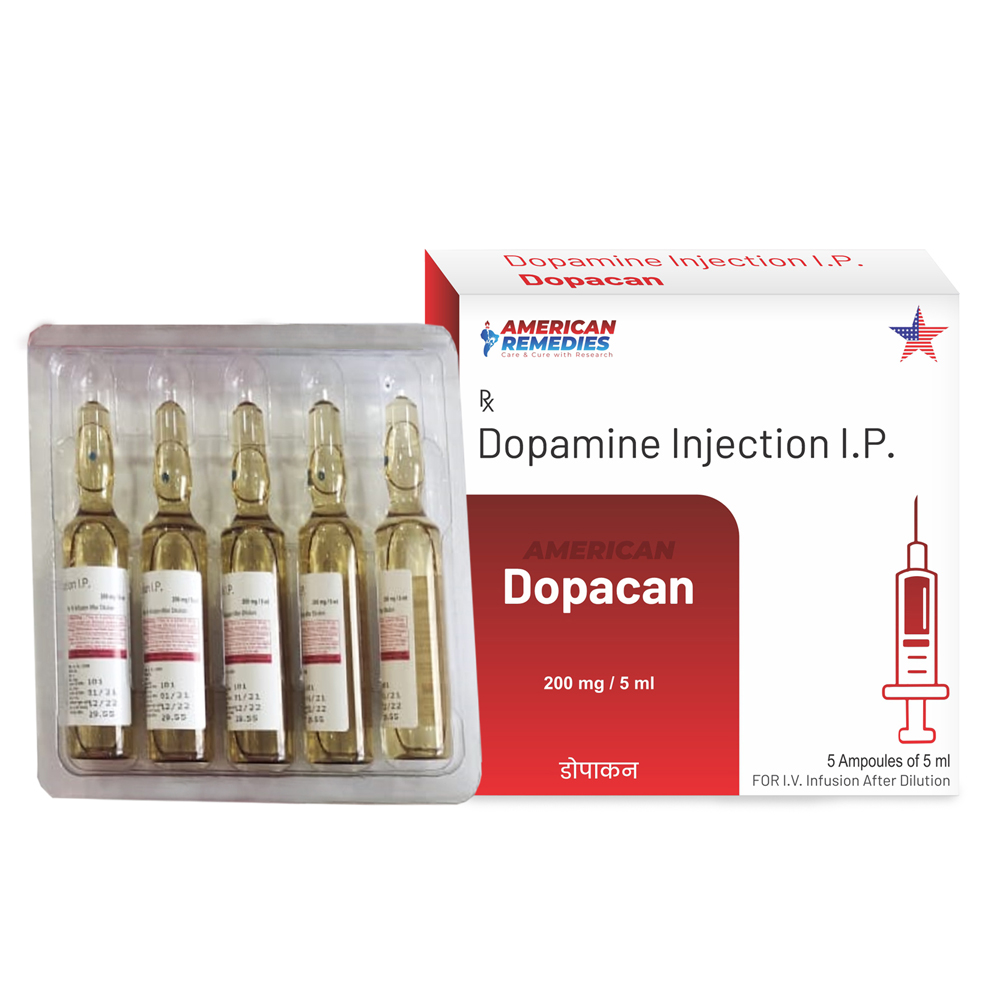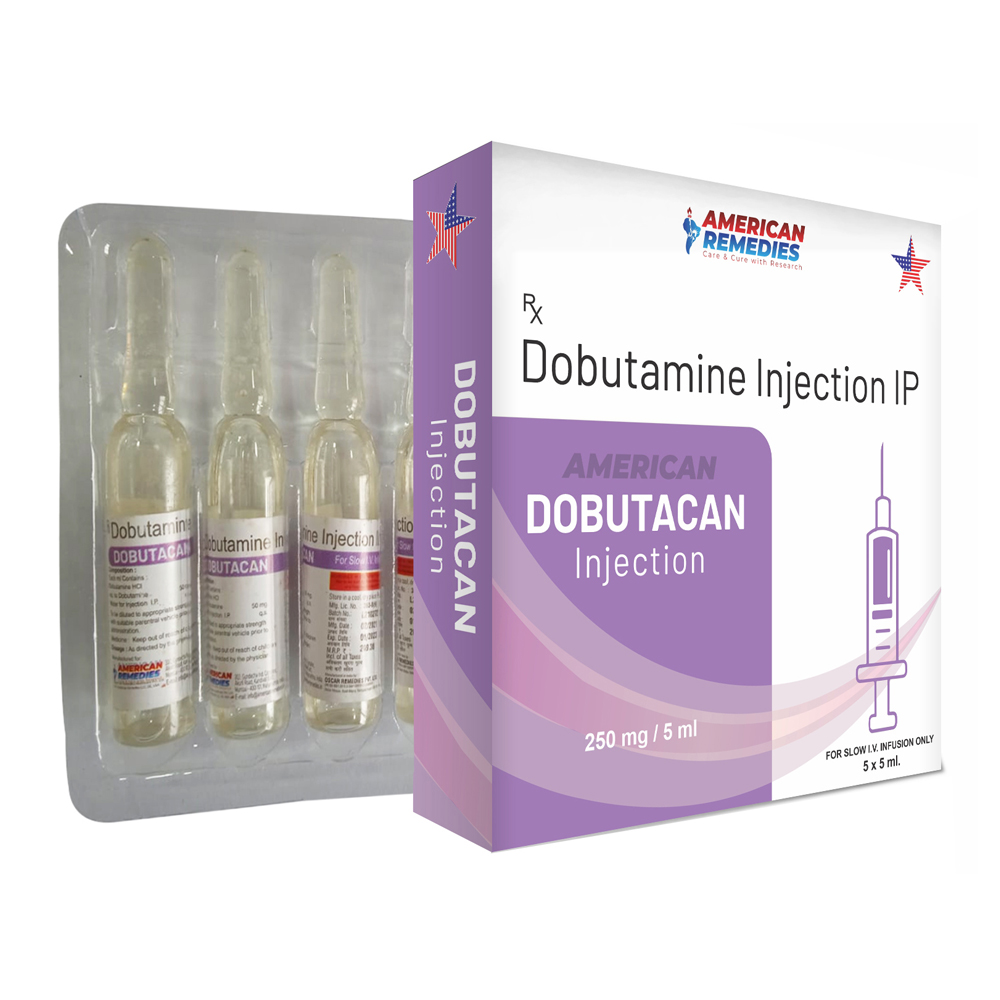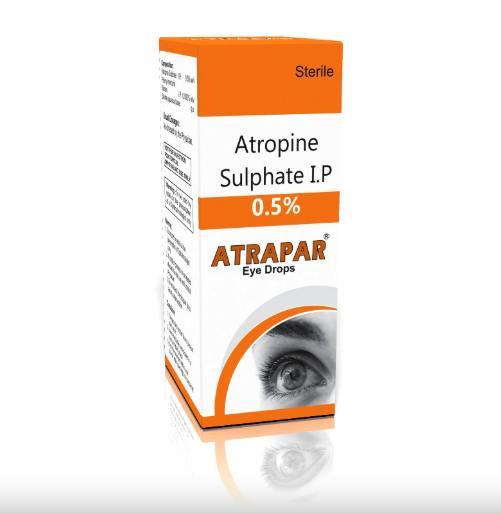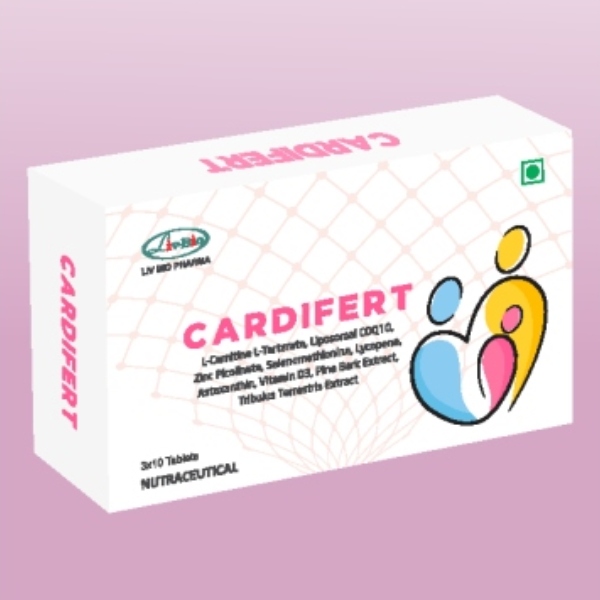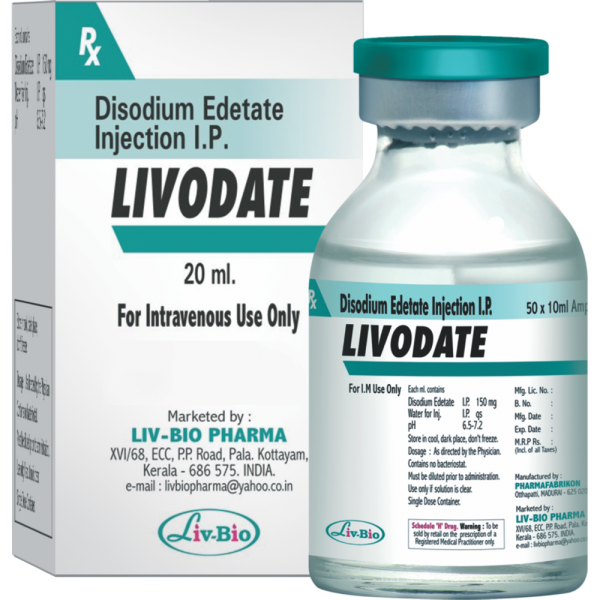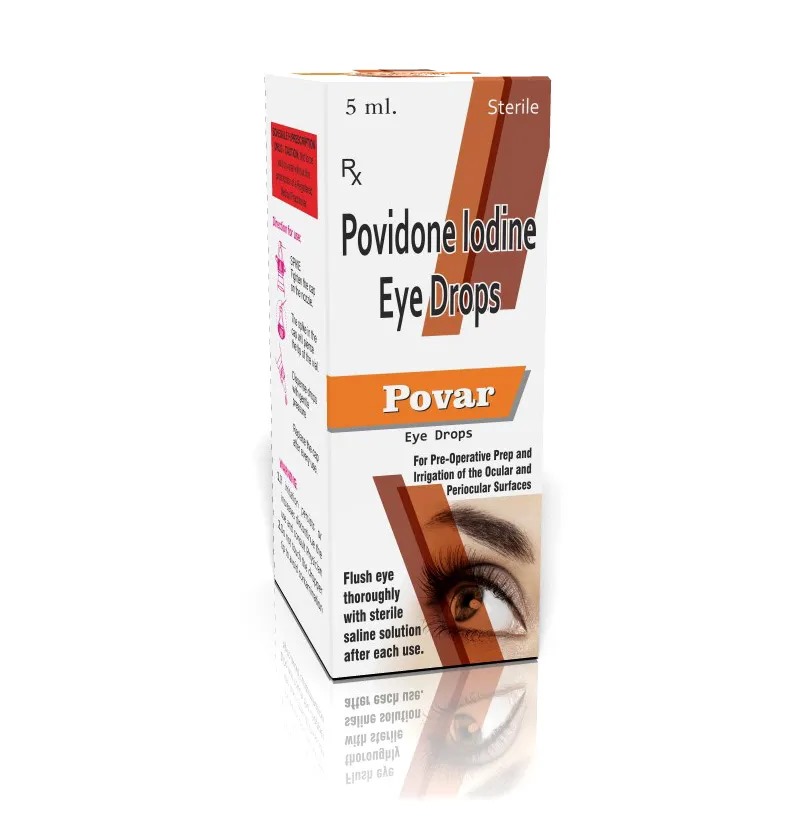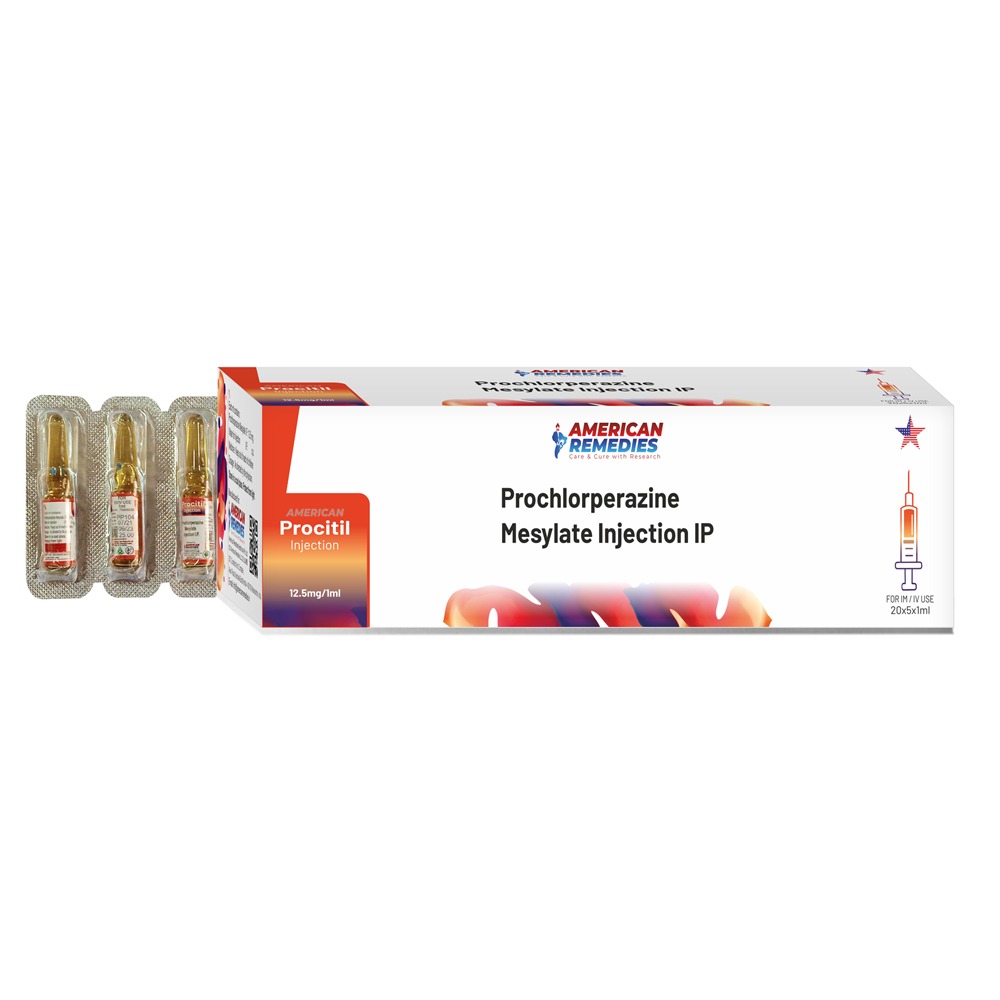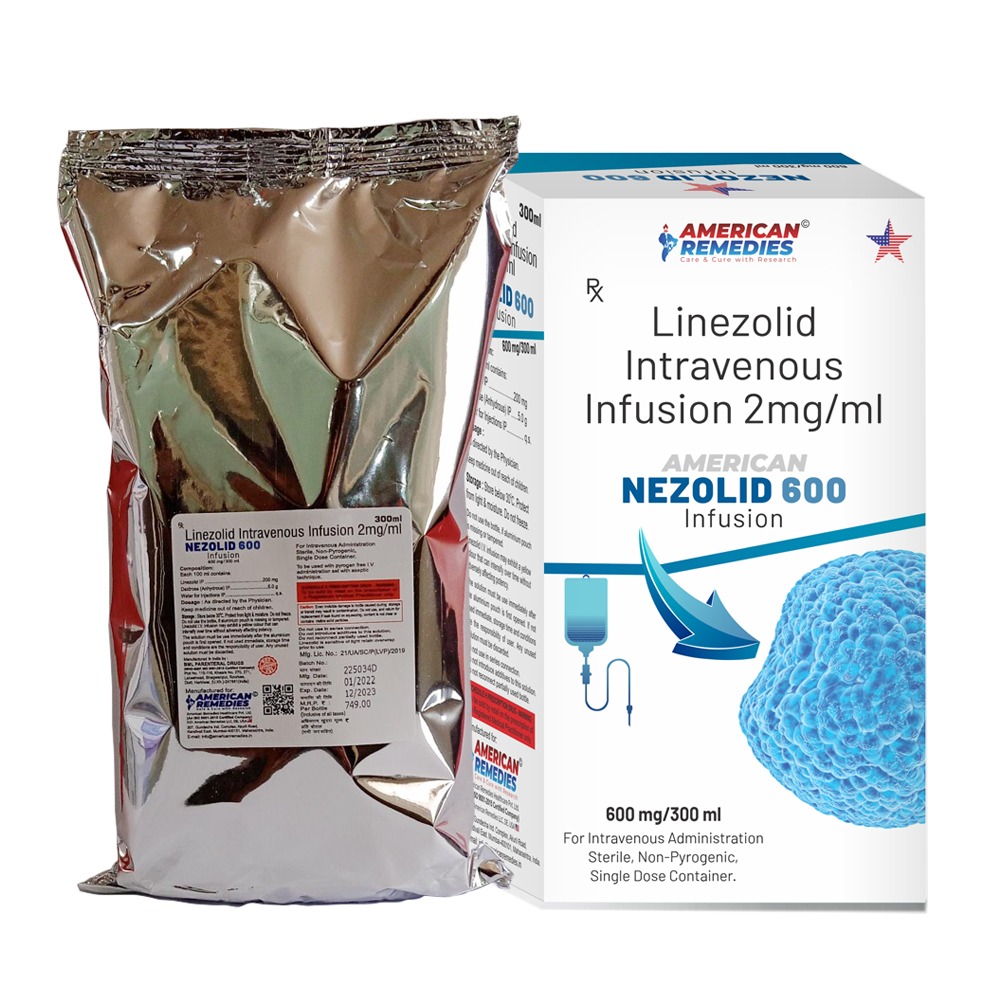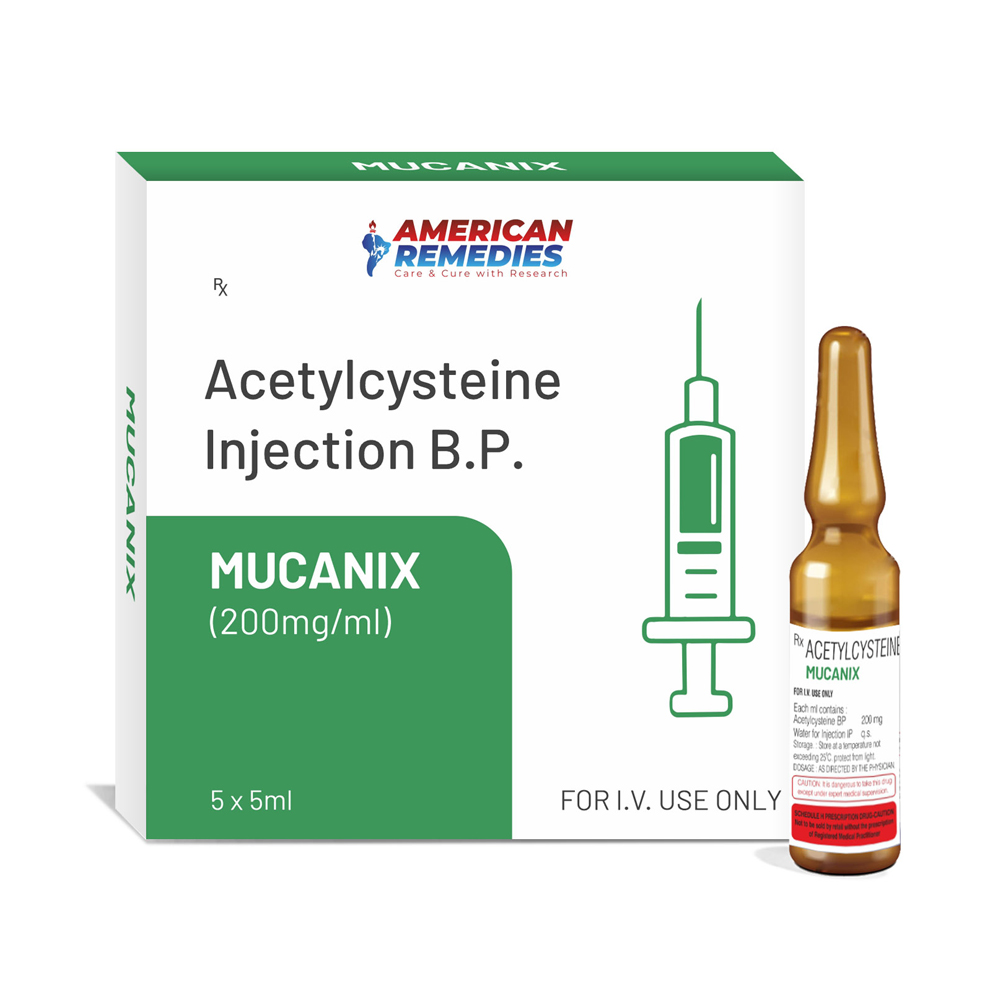Dopacan Injection is a brand of Dopamine Hydrochloride, a potent vasopressor and inotropic agent used in critical care settings to manage various cardiovascular conditions. It is administered intravenously under medical supervision. ________________________________________ 🩺 Medical Uses Dopacan Injection is indicated for: • Shock Management: Including septic shock, cardiogenic shock, and hypovolemic shock. • Acute Heart Failure: To improve cardiac output and perfusion. • Severe Hypotension: Especially in patients unresponsive to volume resuscitation. • Renal Protection: To enhance renal blood flow and urine output in certain critically ill patients. Dopamine works by stimulating dopaminergic and beta-adrenergic receptors, leading to increased heart rate, contractility, and renal perfusion. At higher doses, it also stimulates alpha-adrenergic receptors, causing vasoconstriction and increased blood pressure. ________________________________________ ⚙️ Dosage and Administration Dopacan Injection is administered intravenously, with the dosage tailored to the patient's condition and response: • Low Dose (1–5 mcg/kg/min): Primarily stimulates dopaminergic receptors, increasing renal blood flow and urine output. • Medium Dose (5–15 mcg/kg/min): Stimulates beta-1 adrenergic receptors, enhancing heart rate and contractility. • High Dose (15–50 mcg/kg/min): Stimulates alpha-1 adrenergic receptors, leading to vasoconstriction and increased blood pressure. Continuous monitoring of blood pressure, heart rate, and urine output is essential during administration. ________________________________________ ⚠️ Precautions and Contraindications Before using Dopacan Injection, inform your healthcare provider if you have: • Allergies to dopamine or other components of the injection. • A history of heart rhythm disorders or coronary artery disease. • Pheochromocytoma (a rare tumor of the adrenal glands). • Diabetes, asthma, or sulfite allergies. • Circulatory disorders such as Raynaud's disease or Buerger's disease. • Recent use of monoamine oxidase inhibitors (MAOIs). This medication is typically administered by healthcare professionals in a clinical setting and is not intended for self-administration. ________________________________________ 💊 Side Effects Common side effects may include: • Palpitations or increased heart rate. • Nausea and vomiting. • Headache. • Difficulty breathing. • Gangrene (in rare cases, due to excessive vasoconstriction). Serious side effects are rare but can occur. Seek immediate medical attention if you experience symptoms like chest pain, shortness of breath, or signs of gastrointestinal bleeding.
Send Message